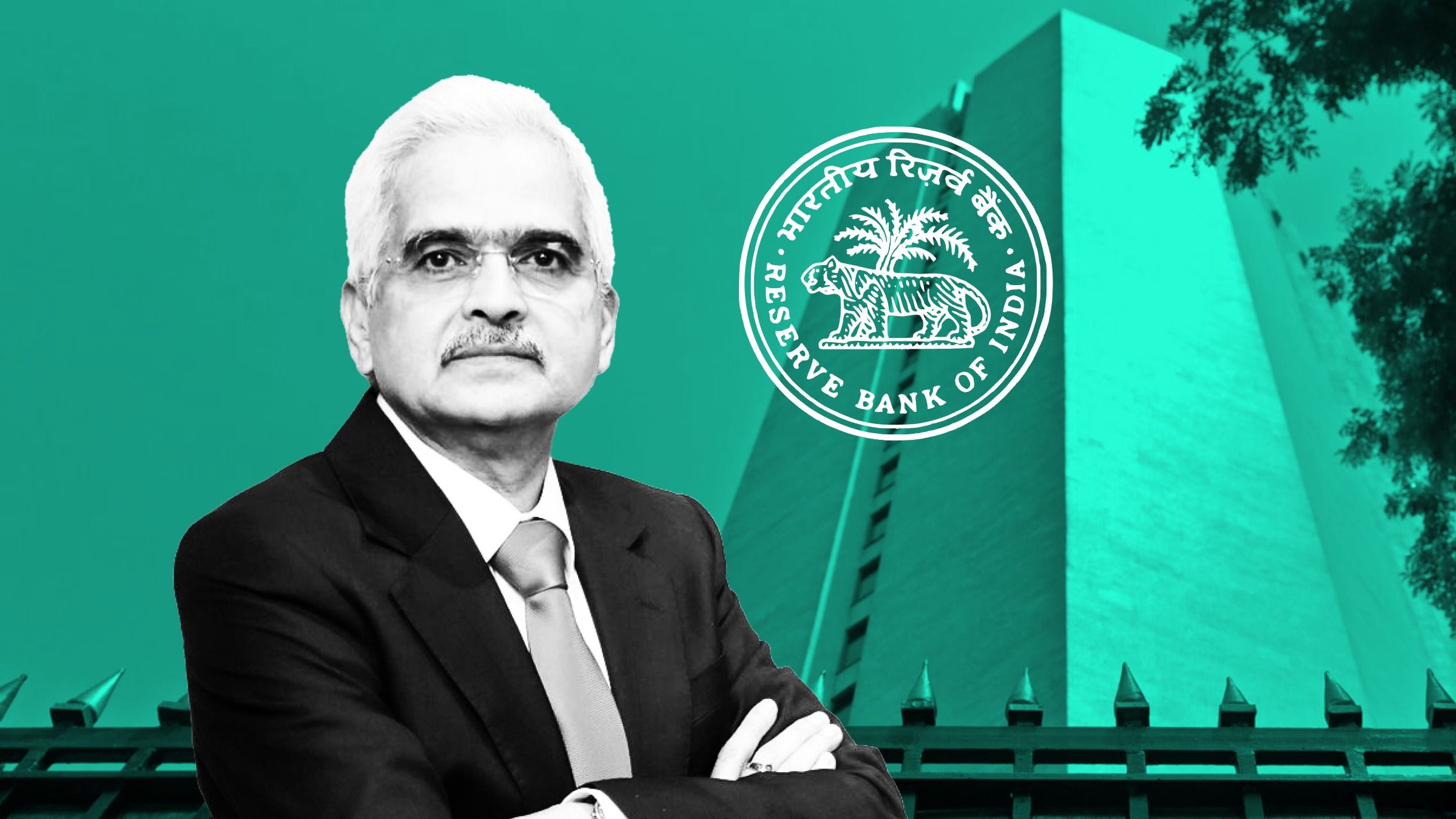UPI's Global Expansion: RBI Governor Shaktikanta Das Highlights Growing Adoption in Multiple Countries

UPI’s Global Expansion: RBI Governor Shaktikanta Das Highlights Growing Adoption in Multiple Countries
New Delhi, August 31, 2024 – The Unified Payments Interface (UPI), India’s pioneering digital payments system, is set to extend its reach to several more countries, according to Reserve Bank of India (RBI) Governor Shaktikanta Das. Speaking at a recent event, Governor Das emphasized the growing international adoption of UPI, highlighting its presence in multiple countries through QR code-based payments and the ongoing integration with fast payment systems.
Global Adoption of UPI
UPI, launched in 2016 by the National Payments Corporation of India (NPCI), has revolutionized the digital payments landscape in India, offering a seamless, real-time platform for transactions across bank accounts. Its simplicity and efficiency have not only made it a preferred payment method domestically but have also attracted interest from other countries seeking to replicate its success.
Shaktikanta Das noted that UPI is already operational in several countries, where it is used primarily for QR code-based transactions. These countries include key markets in Southeast Asia and the Middle East, where the large Indian diaspora has driven demand for easy and cost-effective remittance solutions. The integration of UPI with local fast payment systems in these countries has further facilitated cross-border transactions, making it easier for businesses and individuals to transfer money internationally.
Ongoing Discussions for Further Expansion
Governor Das revealed that discussions are ongoing with several other nations to introduce UPI and integrate it with their local payment systems. While he did not disclose specific countries, the move aligns with India’s broader strategy to promote digital financial inclusion globally and position UPI as a model for real-time payments.
”The success of UPI in India has generated considerable interest from various countries. We are in advanced talks with a number of them to explore opportunities for expanding UPI’s footprint,” Das said. He added that the RBI and NPCI are working closely with these nations to ensure that the adoption of UPI is smooth and tailored to the specific needs of their markets.
Benefits of UPI’s Global Expansion
The international expansion of UPI presents several advantages. For one, it enhances financial connectivity, allowing for more efficient cross-border payments. This is particularly beneficial for countries with significant Indian expatriate populations, where remittances play a crucial role in the economy. Additionally, the adoption of UPI can lead to greater financial inclusion, as it provides an accessible digital payment platform that can be used even by those without access to traditional banking services.
Moreover, the integration of UPI with fast payment systems worldwide could set a new standard for real-time transactions, fostering innovation and competition in the global payments ecosystem.
Conclusion
As UPI continues to gain traction internationally, its success story serves as a testament to India’s leadership in digital financial innovation. With the RBI’s ongoing efforts to expand UPI’s global footprint, the future of cross-border digital payments looks increasingly interconnected, efficient, and inclusive.
About UPI
Unified Payments Interface (UPI) is a real-time payment system developed by NPCI that facilitates inter-bank transactions by instantly transferring funds between two bank accounts on a mobile platform. Since its launch, UPI has become one of the most popular payment systems in India, processing billions of transactions monthly.